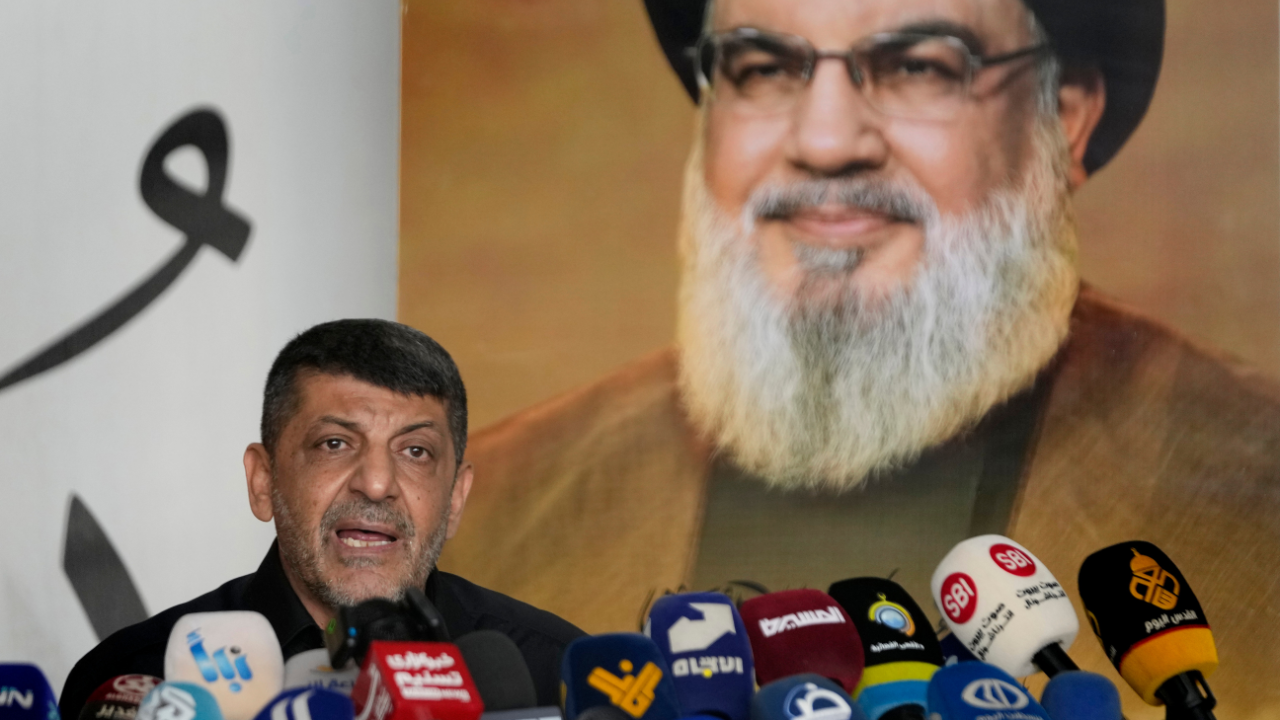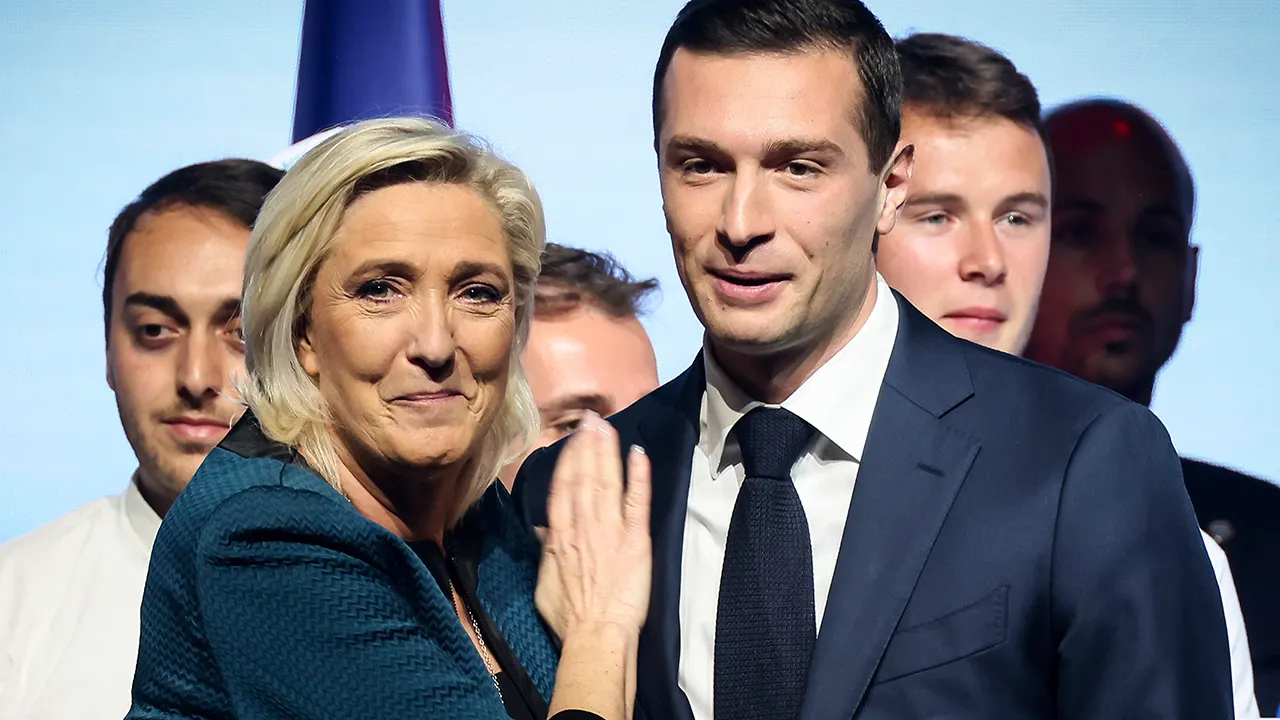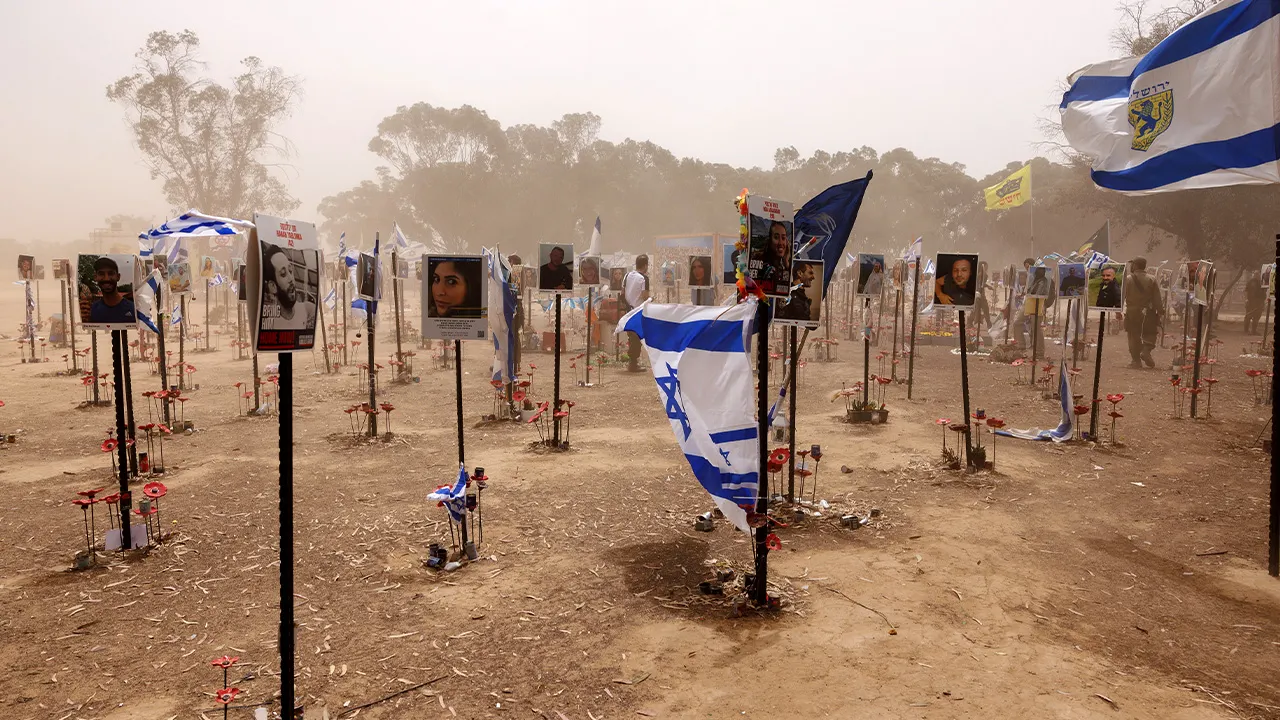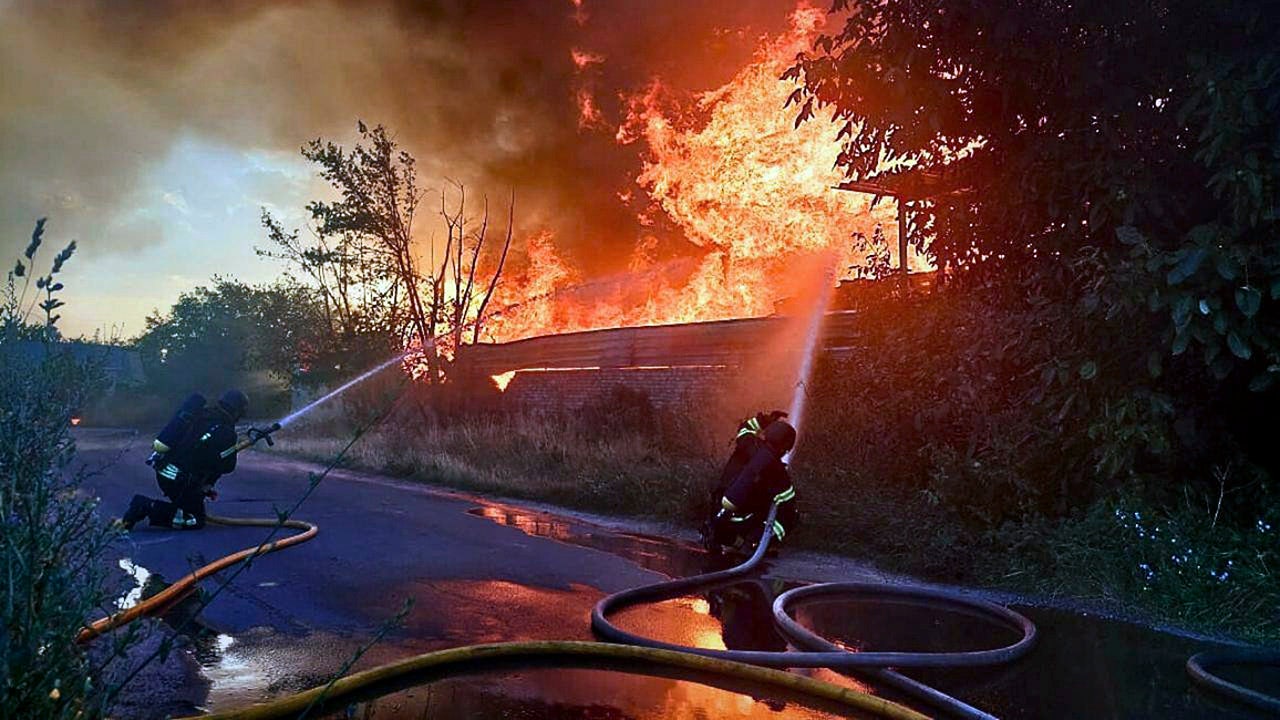Israeli strike kills Hezbollah spokesman in Beirut; at least 30 dead in Gaza airstrikes

An Israeli airstrike in central Beirut has resulted in the death of Hezbollah’s chief spokesman, Mohammed Afif al-Naboulsi. The strike targeted the Arab Socialist Baath Party office, and Hezbollah has confirmed his death. Witnesses in central Beirut described explosions and fires following the strike that killed al-Naboulsi.
This targeted killing of a senior Hezbollah official marks a significant escalation in tensions between Israel and the militant group. Al-Naboulsi was known for his influence over Hezbollah’s military operations and his role in glorifying and inciting attacks on Israel. The strike in Beirut was followed by another in northern Gaza’s Beit Lahiya, which resulted in the deaths of at least 30 people, according to a hospital director.
The strikes come as Lebanese officials consider a United States-led cease-fire proposal. Lebanese parliament member Faisal Al Sayegh condemned the Israeli attacks, calling them crimes and accusing Israel of negotiating under fire. Israel has also bombed several buildings in Beirut’s southern suburbs, where Hezbollah is headquartered, after warning residents to evacuate.
The situation in the region has been escalating since the outbreak of war between Israel and Hezbollah in September. Hezbollah has been launching rockets, missiles, and drones into Israel, prompting retaliatory airstrikes from the Israeli military. The conflict has resulted in thousands of deaths and displaced over a million people.
In Gaza, the situation is also dire, with Israeli forces conducting airstrikes and ground operations against Hamas militants. Civilians in Gaza have been caught in the crossfire, with reports of widespread destruction and casualties. The international community, including Pope Francis, has called for investigations into the Israeli attacks to determine if they constitute genocide.
In Israel, domestic political tensions are also on the rise, with Prime Minister Benjamin Netanyahu facing criticism for security failures and his handling of the conflict with Hamas. Recent incidents, such as flares being fired at Netanyahu’s residence and a drone strike last month, have added to the political turmoil in the country.
Overall, the situation in the Middle East remains volatile, with ongoing violence and political unrest threatening the lives and livelihoods of millions of people. International efforts to broker a cease-fire and peaceful resolution to the conflicts are urgently needed to prevent further loss of life and suffering.




